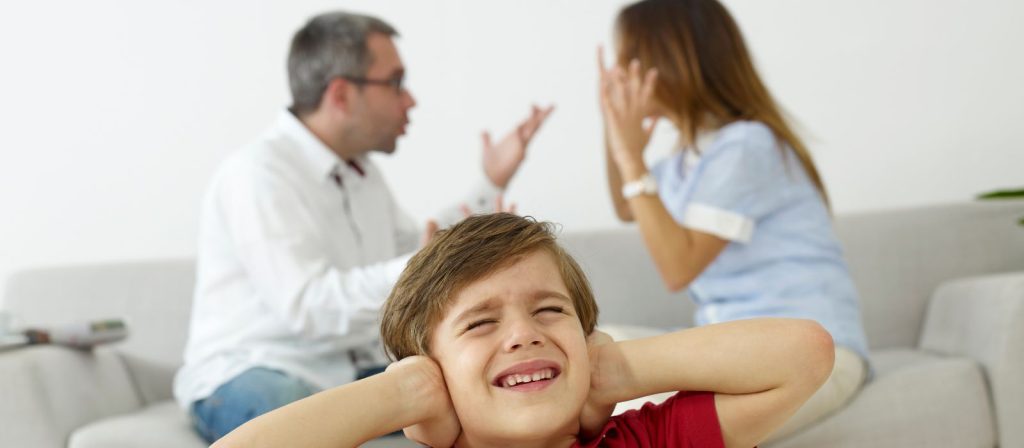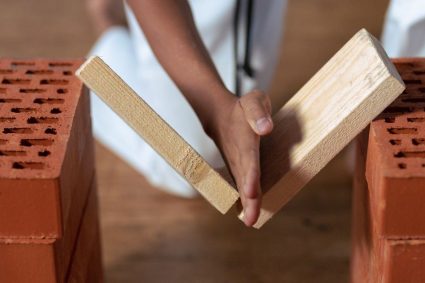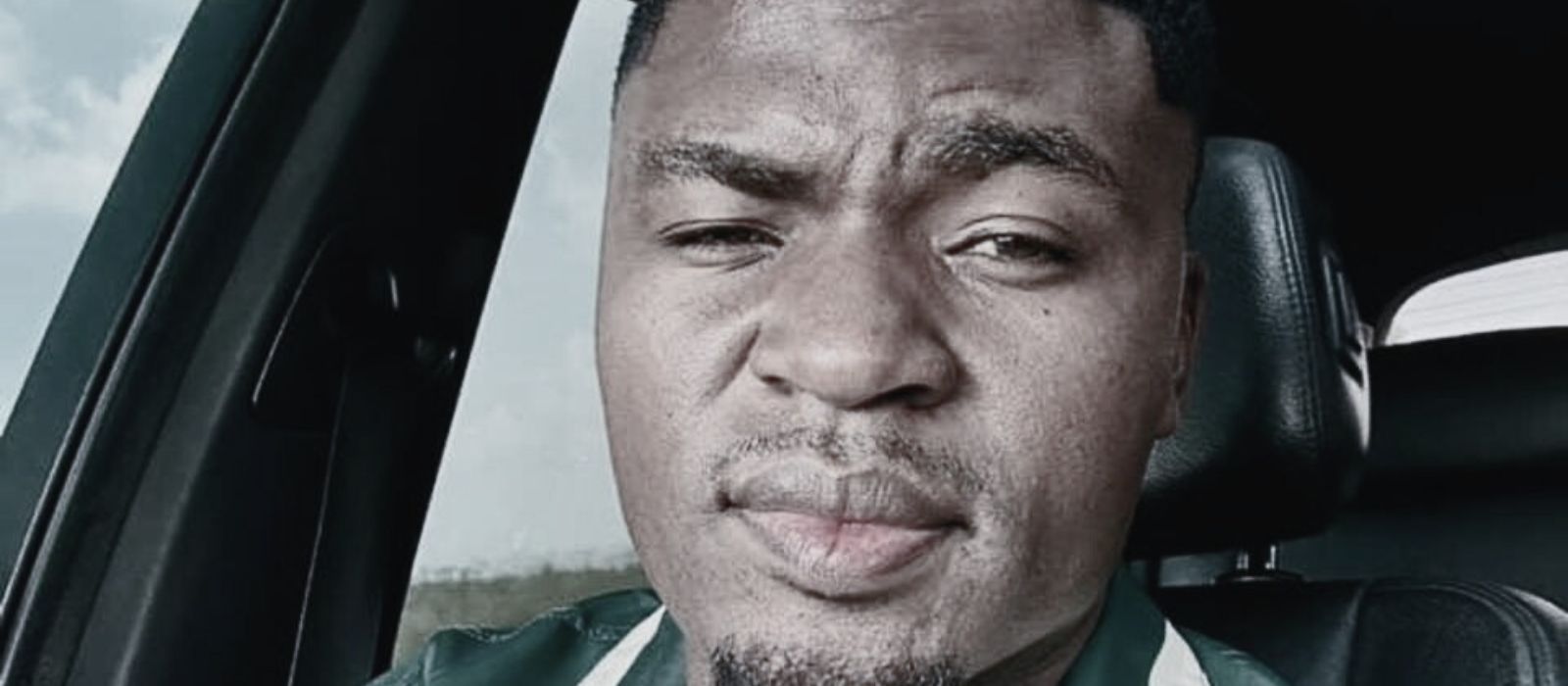
My son has just finished primary school, and like many of his peers, he eagerly joined special classes at church designed to prepare them for the teenage years ahead. The lessons are meant to help them understand the physical, emotional, and social changes they will face. Each Sunday, the teachers update us parents on their progress. I feel reassured, confident that my son is part of a transformative and nurturing community.
Then came a Sunday that forever shifted how I saw the world around me.
The children had just completed one-on-one “bare-it-all” sessions with their teachers, a chance to share their struggles, fears, and questions. It sounded like a valuable exercise, an opportunity for them to speak openly in a safe space. When the teachers shared their findings with us, I sat frozen in my seat, paralyzed with shock. These kids, just 12 and 13 years old were battling struggles I could not have imagined at their age. Pornography, Masturbation, Drug experimentation, Addictions, Sexual abuse, Depression!
Some of them were weighed down by the conflict and tension in their own homes. I could hardly believe it. How did it come to this? How had these children, our children become burdened with such heavy struggles? On the drive home, my thoughts were a storm of questions. What was I doing at their age? My biggest worries had been about school, playing outside with friends, and finishing my chores. Our children were facing a completely different world. I could not stop wondering: Was it technology? The pressures of modern life or were we, as parents, not doing enough?
What shocked me most was not just the struggles themselves, it was how hidden they were. These were the same kids I saw every Sunday, laughing, playing, and seemingly carefree. However, beneath their smiles, many were grappling with heavy, silent burdens. Some had stumbled upon pornography online, and now found themselves addicted. Others were experimenting with drugs, seeking relief from emotional pain they did not know how to process. A few had endured the trauma of sexual abuse but were too afraid or ashamed to speak up.
Then there were those carrying the weight of their parents’ conflicts.
Many of them admitted to feeling trapped in the crossfire of arguments or sensing the tension when their parents were not speaking. They described feelings of guilt, confusion, and sadness, believing they were somehow to blame for the problems at home. One particular child was dealing with anger issues and was contemplating “killing” his mother to relieve her from the physical abuse she was going through. He felt it was better that his mother dies and go to heaven instead of staying with his abusive father. It really broke my heart.
I thought about how often we, as parents, assume our children are fine because they do not tell us otherwise. We provide for them, ensure they are fed, clothed, and educated, but do we really see them? Do we know what is going on in their hearts and minds? We often believe that material comfort, the latest gadgets, or a well-structured life is enough. However, our children need more. They need us to understand their emotional struggles, to help them make sense of their feelings, and to support them in the ways that truly matter to them. It is easy to assume they are “just kids” without realizing how much they are already processing, often in solitude.
The Power of Presence and Connection
That Sunday made me realize something crucial: the struggles our children face are often invisible to us. As parents, we need to open the door for our children to share their fears, doubts, and pain. We are often so caught up in the chaos of our own lives; work pressures, financial stress, and our own struggles, that we forget how much our children need us. Yes, we provide for them physically, but are we providing the emotional presence they crave? It is not just about being physically present. It is about being emotionally available. Our children need to know we are there for them, no matter what. We need to create safe spaces where they feel comfortable enough to speak up.
Technology, though a powerful tool, can sometimes widen the distance between us and our children. While the internet offers learning opportunities, it also opens the door to harmful influences like pornography and social media pressures. It becomes a means of escape when the child feels alone, but what they may not realize is how harmful that escape can be. We must be vigilant and take the time to understand what they are exposed to. Even beyond technology, the conflicts in our homes can have the deepest impact. Children internalize the emotional environment of the home. They are often silent witnesses to parental struggles, caught in the middle of fights, and unable to find a way out. Many feel guilty for things they cannot control.
Many children feel the weight of our fights, whether through loud arguments or the tension in the silence. The emotional toll of parental conflict can be just as damaging as any external challenge. Children who witness this often carry that burden silently, feeling lost, guilty, or scared. It is not just about resolving arguments; it is about creating a sense of peace and stability that extends beyond the physical, into their emotional world.
Practical Steps We Can Take as Parents
The teachers went on to highlight some important ways we can make a difference and allow me to share a few.
- Build Trust and Open Communication: Start today. Dedicate time each day, even if just for 10 minutes, to connect with your child. Ask open-ended questions: “How are you feeling today?” “Is there anything you want to talk about?” This simple practice can build trust and create space for honest conversations.
- Be Emotionally Available: It is easy to be physically present for our children, but true presence requires emotional and spiritual involvement. When your child shares something, put down your phone and listen attentively. Validate their feelings without rushing to fix the problem. Sometimes, simply being there for them is enough to help them feel heard.
- Have the Difficult Conversations: Many parents avoid sensitive topics like sex, online safety, and relationships. Avoiding these conversations only leaves our children vulnerable. Do not wait until it is too late. Start with age-appropriate discussions and continue to build on them as your child grows. This shows them that they can come to you with anything, even the toughest issues.
- Seek Professional Help: If you notice signs of depression, anxiety, or behavioral changes in your child, do not hesitate to seek help from a counselor or therapist. These professionals can provide the guidance your child may need to work through their challenges and build coping strategies.
- Address Parental Conflict: Children who witness conflict between their parents can carry that emotional weight. If you and your partner are experiencing difficulties, consider counselling to help resolve issues in a healthy way. Keep your children’s emotional well-being at the forefront by minimizing conflict in front of them. If you are struggling with your relationship, remember that your child’s emotional safety is paramount. This is an area where seeking professional guidance can be life-changing, not only for the relationship but also for the children who may feel caught in the crossfire.
- Create a Supportive Environment: Encourage your child to engage in activities they enjoy, whether it is sports, hobbies, or time spent with friends. A positive support network of friends, mentors, and extended family can make a world of difference in your child’s emotional and mental health.
A Call to Action for Parents Everywhere
This has been a great wake up call for me. The struggles our children face may not always be visible on the outside, but they are real, deep, and often unspoken. As parents, we must create an environment where our children feel safe to express themselves. We need to be emotionally present and engaged in their lives, not just as providers but also as true listeners and supporters.
I cannot afford to wait for another Sunday update to realize the gravity of my child’s struggles. I choose to start today to build trust, foster open communication, and show him that I am here for him, no matter what. We have the power to change the trajectory of their lives, but it requires action. The world is difficult, and the pressures are immense. If we stand with our children, truly see them, and support them through their challenges, they will grow stronger. Together, we can help them win the silent battles they face every day.
Our children are worth fighting for. They are the future. Our future is worth fighting for.
Disclaimer: The views and opinions expressed in this article are those of the author and do not necessarily reflect the official policy or position of My Afrika Magazine. All content provided is for informational purposes only and should not be construed as professional advice. My Afrika Magazine makes no representations regarding the accuracy, completeness, or reliability of the information contained in this article. Readers are encouraged to independently verify any facts presented. My Afrika Magazine assumes no liability for any losses, damages, or other consequences that may arise from reliance on the information provided in this article.



